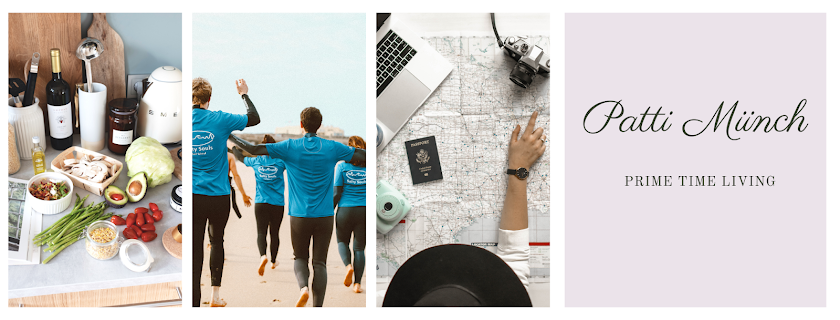I’ve always sympathized with The Scarecrow from The Wizard of Oz; like him, I’ve sometimes had a hard time making a decision. And hearing Dorothy and The Scarecrow’s voices in my head . . . “If I only had a brain” . . . certainly doesn’t help.
When I was married, decision-making was much easier. Well, except for the occasional “Where do you want to eat?” discussion that could last for hours — until one of us gave in and chose a place or until one of us passed out from hunger.
If both of us, or the entire family, would be affected by the decision, we discussed the options and possible outcomes as a couple before coming to a decision.
Even when only I would be affected by the option chosen, as part of a couple, I had someone to bounce my ideas and options off of, someone who would eventually (if I pestered him enough) proffer an opinion or two. Usually, though, just talking through the decision to be made and the various options with my husband helped me arrive at a decision on my own.
But like so many others who have experienced a major life upheaval and are then faced with the challenge of creating a “new normal”, I’m now making decisions on my own. My children are happy to listen, but they are busy with their own lives; additionally, sometimes the details I would need to share would only remind them of their own terrible loss and would burden them. Even when I feel comfortable sharing the situation with them, they often lack the life experiences (both are in their 20’s) to truly understand what I’m facing.
In the past month, I’ve faced a major life decision, and as I’ve prayed about it and waited much more patiently than I would have imagined possible for the answer to make itself known, I’ve come to realize that indecisiveness is not caused by a lack of critical thinking skills; rather, several very specific factors are what make the process difficult.
The first factor is thinking skills that are too sharply honed. When I was first faced with this most recent decision, for example, I followed the textbook-advice and brainstormed options.I wrote every single option on my list, not prejudging and dismissing out of hand a single one of them. I set the list aside for a day or two, jotting down additional options as they occurred to me until, finally, I couldn’t think of another one.
That’s when I recognized the second factor that makes decision-making difficult: too many options to choose from. Because I’d thought through the situation and possibilities so diligently, I ended up with far more options than I’d anticipated.
But I didn’t give up; instead, I culled out those that, with closer thought, I could see just weren’t reasonable. My list slightly shorter, I began listing the pros and cons of each of the remaining choices.
It was that process that brought to light the third factor that those of us who are redesigning our lives often run into. The proverbial “clean slate” that so many wish for often brings with it very few limitations. With a clean slate and the ability to start over, a person can go almost anywhere, do almost anything.
Too good thinking skills + too many options + too clean a slate == the perfect storm for decision-making.
Finally, it came down to one last, quite simple activity. On a piece of notebook paper, I made a grid: 3 squares across the top and, down the side, one square for each of the remaining options. Above the 3 horizontal columns, I listed my 3 top values or priorities: God, family, and my own physical & emotional health. For each option that had made the not-so-aptly-named “short list”, I put a plus, check, or minus to indicate how well that option honored each priority.
Within minutes, my choice was clear.
Decision-making is hard in the best of situations. When a person is redesigning their life or reinventing themselves, the process becomes much more daunting. In the end, it comes down to a person’s values and priorities. When measured against them, the decision will be the right one.
I’ve discovered it’s not our thinking skills — or lack thereof — that cause indecisiveness. .

